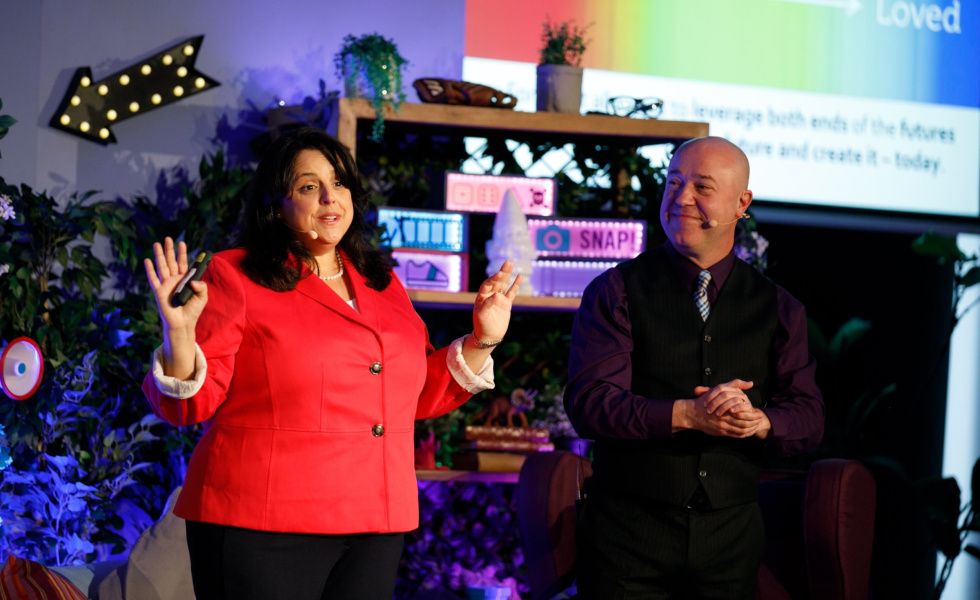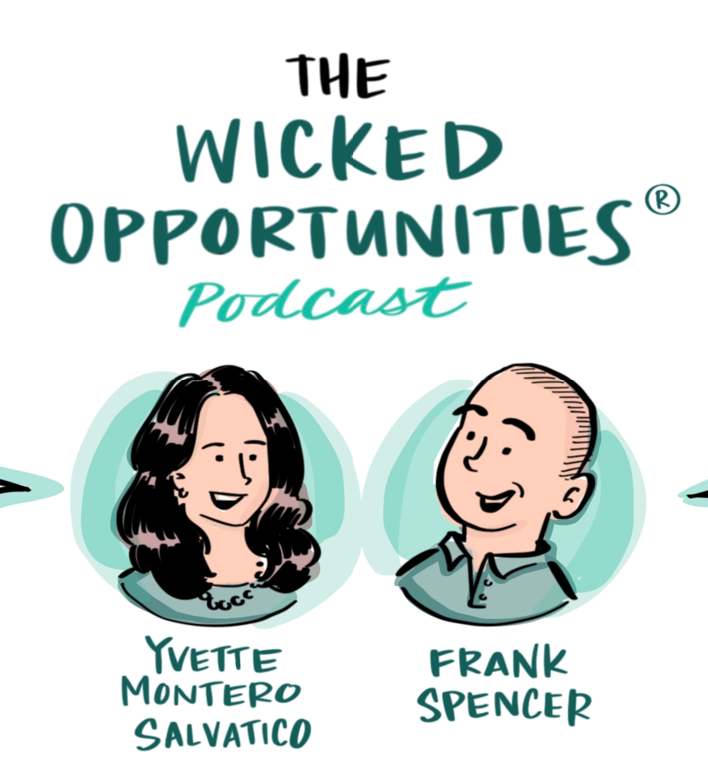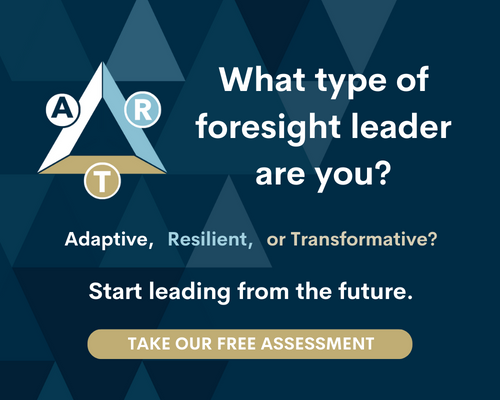“Say Goodbye to Frank and Yvette”

“Only those who will risk going too far can possibly find out how far one can go.” T.S. Elliot
A growing body of research suggests that our playgrounds are too safe. Apparently, giving children the ability to fail and recover builds not only resilience, but creativity and overall health. It may seem counterintuitive, but consider that if we don’t allow kids the opportunity to push the boundaries on their abilities (to “test the fences,” if you will), then when they ultimately fail (which is inevitable), it will feel catastrophic. By failing, recovering, and learning, we are able to better assess future risks and meet those head on.
Similarly, we need to better equip our organizations and institutions to fail and recover. Just like the over protective playgrounds of today, we’ve also attempted to shield our companies from risk by building up firewalls (not just the digital variety). However, when we close off our talent and innovation pipeline in an effort to maintain the status quo, we only succeed in cutting off the oxygen needed for growth.
For leaders, the prevailing culture of perfection, fueled by social media likes and the false narratives it portrays only serves to further our risk aversion. Our fear of failure creates a fixed mindset and works against the change needed to achieve more equitable futures for all.
In an effort to flip the script on failure, and demonstrate why it’s not our “failures” that are the problem, but rather the outdated way in which we evaluate our projects and ourselves, let me share a story from my own (and Frank’s) experience.
If you listened to our Wicked Opportunities® Podcast this week, then you may have heard us talk about getting fired. Yes, you heard it right – we’ve gotten “fired” from client engagements before. Truth-be-told, we’ve also fired some clients, but that’s a story for a different podcast….
We often joke that being a good futurist involves sticking a stick in a client’s eye and doing it in such a way that they ask you to stick a stick in the other eye. That’s the crux of our work, pushing people out of their comfort zones, just enough that it alters their perspective and they want more. In the case of this client, we had several successful sessions before the new CEO uttered the now famous words, “Say goodbye to Frank and Yvette, everyone!” as he turned to his team. Given the context, you now know the tone used was not one of endearment.

There are many reasons why an engagement comes to an end in advance of its potential. We talk about the specifics in the episode, but regardless of the details, the lessons you can take for your practice are the same:
- Foresight requires courage. If you are afraid to fail, you will. Your nervous clients (internal or external) can smell fear a mile away, and they will use that as a reason to abandone the work at the drop of a hat.
- There is no perfect client/situation for foresight. The grass is always greener on the other side of the fence, and many will use things like “the C-Suite is not invested” or “they’re for-profit status will make it impossible to implement foresight in a meaningful way.” The truth is every type of company and every “entry point” has it’s advantages and disadvantages. Don’t use these as an excuse for not fully engaging in a foresight project.
- Seek air cover when necessary. If you are an internal foresight practitioner, leaning into failure can be a tough ask. After all, you don’t have a portfolio of clients to soften the fall of a potential “firing.” This is one of the many reasons why partnering with an external foresight professional can be beneficial. As an outside voice, we can challenge your organization and leadership, deflecting some or all of the possible repercussions away from you. They may say “Goodbye to Frank and Yvette,” but, hopefully, they’ll keep you around. 😉
If you want to hear us spill all the tea on this engagement and others, join us weekly for the Wicked Opportunities® Podcast and monthly for our free livestream, made possible through the Year of Free.

